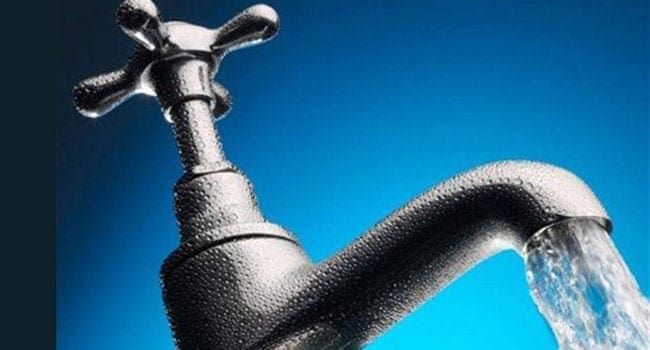As many Canadians prepare for the cold, dry winter months ahead, many of them will be using ultrasonic or cool-mist humidifiers in their homes. But using anything other than distilled water may be polluting the air in your home, according to new research by University of Alberta chemists.
“Our study showed that operating an ultrasonic humidifier with tap water resulted in particulate matter concentrations equivalent to a polluted city,” said Ran Zhao, assistant professor in the Faculty of Science and the corresponding author on the study.
“The amount of particulate matter was related to the purity of the water we used in the humidifier. The use of tap water resulted in the most particulate matter, while the use of distilled water did not result in any.”
The scientists collected air quality measurements in a multi-room household. The results show that fine particulate matter (PM2.5) generated by the humidifier in an upper-floor bedroom was transported throughout the entire home through air circulation.
Along with the amount, the type of particulate matter released depends on the composition of the water used in the humidifier.
“Ultrasonic humidifiers generate humidity by breaking water into small droplets using a piezoelectric transducer, a device that vibrates very fast at the ultrasonic frequency,” explained Chester Lau, undergraduate student in Zhao’s lab and lead author on the study.
“These small water droplets are then sent into the air by a fan. That is the mist that we can see coming out of the humidifier. Once released in the air, water evaporates quickly into the surrounding air, but the minerals and salts dissolved in tap water are left behind in the air as suspended particulate matter.”
Though the types of chemicals typically found in drinking water, such as salts, carbonate and minerals, are not harmful, the tiny particles created by ultrasonic humidifiers can pose a health risk.
“These particles are so small that they can evade our filtration system in the upper airway and penetrate deep into our respiratory tract,” explained Lau. “Upon doing so, they also send chemical species associated with them into our bodies. Using dirty or contaminated water could cause further detrimental health impacts.”
Although this isn’t the first study to show that ultrasonic humidifiers generate particulate matter, the researchers said the results provide valuable insights into the issue – and during the COVID-19 pandemic, they highlight the need for ventilation when spending time indoors.
The bottom line?
“People should use clean water in their humidifiers,” said Zhao. “We observed no PM generated by distilled water purchased from local grocery stores.”
The study, Particulate Matter Emitted From Ultrasonic Humidifiers – Chemical Composition and Implication to Indoor Air, was published in Indoor Air.
| By Katie Willis
Folio, a Troy Media content provider partner, is the University of Alberta’s online publication.
The views, opinions and positions expressed by columnists and contributors are the author’s alone. They do not inherently or expressly reflect the views, opinions and/or positions of our publication.



